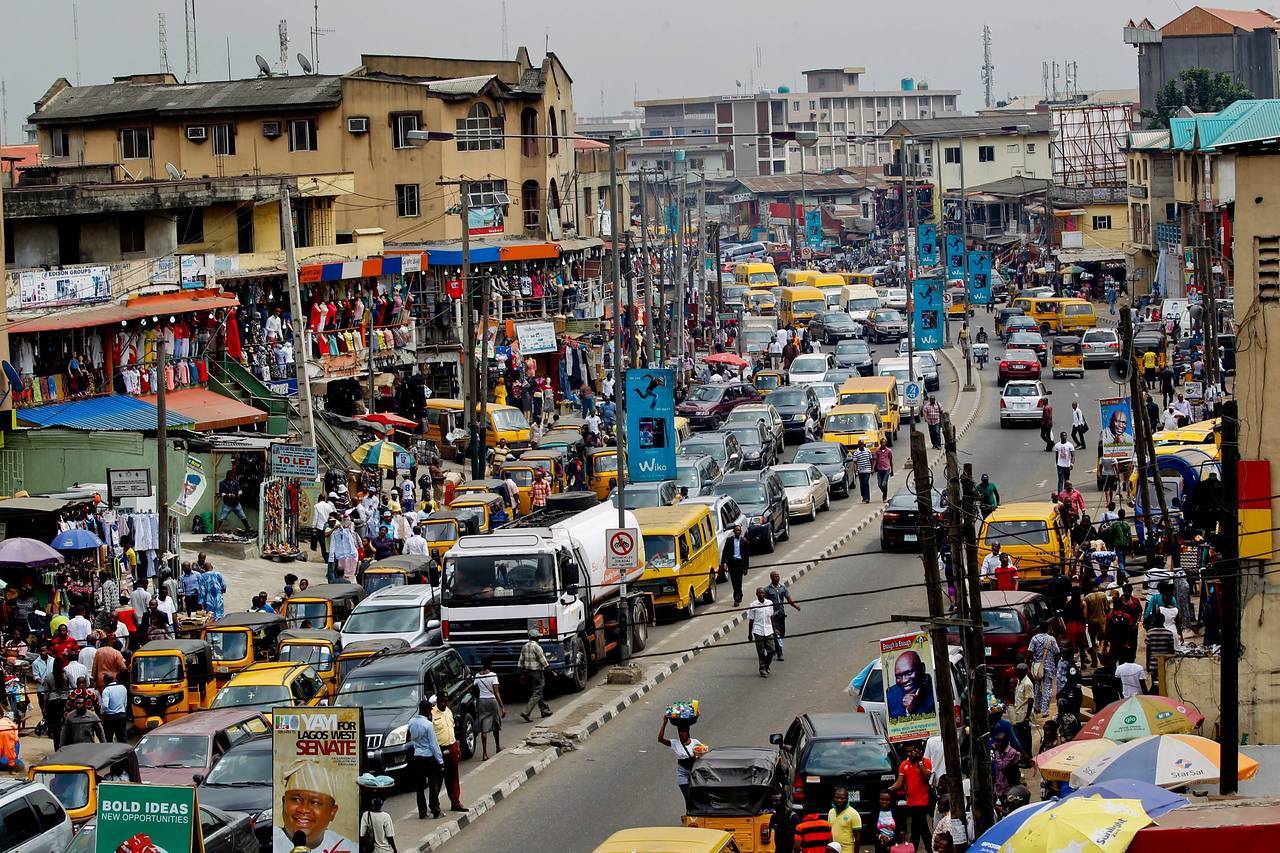Nigeria’s prospects post-Covid-19 came under intense scrutiny by a panel of experts last week during the Nigeria outlook review organised by Deloitte Nigeria. One of the key problems identified as Nigeria’s Achilles heel is the structure of its economy. Nigeria is facing an acute concentration risk in terms of revenue. From 1962 to date the economy has become concentrated towards the oil and gas business.
Just recently, the World Bank Outlook for Africa in light of the pandemic, was a mere 3%, compared to a bullish projection for the Asia economy led by China. In fact, China seems to have shrugged off the pandemic with a minimum of a scratch. When you add that to the fact that they have been in a trade war with the US for the past 3 years, it is clear the Chinese economy is remarkably resilient.
While Asian economies such as Singapore, China, S.Korea and Vietnam have become diversified and naturally more able to resist shock and overcome global economic downturn. Similar stories litter the African continent with a similar pattern of over-concentration on raw material, or mineral resources such as diamond, gold, oil, etc.
Currently, Nigeria derives about 93% of its income from the petroleum sector. Government effort to achieve diversification especially through Agriculture has not done enough to change this narrative. You will recall that the government locked the border to support local agric businesses. There is some green shoot of success (especially with rice production and many mills springing up, even if the price in the market is still high) but still far from where we need to be.
In the short term though, two things are acting as a wind in the back of a Nigerian sail.
Firstly, with the gradual recovery of the world economy from the brink of the global pandemic, and return of activities, the price of crude oil is over $60pb. Recall that at the height of the pandemic the price went sub-zero.
Secondly, the success story of the Coronavirus vaccine worldwide giving hope that life will be back to normal soon, coupled with the stimulus package expected to pass in the US soon, Nigeria can heave a sigh of relief.
But for how long…?
With the issue of climate change back to the center stage (with the US joining the Paris Accord and the appointment of John Kerry as climate Czar in the US), and many auto companies embracing electric vehicle and phasing out fossil fuel cars, Nigeria may find it difficult to offload its sweet crude in the long term.
Also, it is expected that Iran oil will soon enter and glut the oil market with a resultant drop in the price of oil. The new US president, Joe Biden is far more favourable to the Iranians than the Trump administration. The key officials that negotiated the initial agreement such as John Kerry are back at the helms.
There are some developments that might help too. One of such is the new African Continental Free Trade Area (AfCFTA). It could provide a much-needed boost for Pan African trading. Another is the current infrastructural drive of the present administration in areas of rail and transportation. It might be able to unburden some critical bottlenecks in food, and goods distribution and reduce agricultural wastes.
The exchange rate is another critical area of attention. Recently the World Bank wanted the Naira to be devalued – a clear sign that the bank perceives Naira to be overvalued. For now, the CBN and the Nigerian government are resisting the pressure to devalue the currency. The question is for how long?
If they buckle, with CBN not focusing on curbing inflation, the inflation situation might worsen dramatically.
Expectedly, the Nigerian Finance Minister painted a rosier picture with various government policies targeting post-pandemic recovery, increased revenue, and improved ease of doing business, but the successes of these policies are yet to be felt.
The country is still laden with too many structural constraints of power provision and transportation lapses, aside from the issues of security affecting lives and livelihood, especially in the North East.
The speed of economic recovery post-Covid-19 is also tied to the issue of access to the relevant vaccines and their distribution. Even with the second wave and various reports of Covid-19 variants, it is not expected that lockdown will come into the conversation.
Ultimately, the current surging oil price has papered over the crack for now, but with high unemployment contributing to the youthful restlessness (as seen in the #ENDSARS protest this weekend), the economy needs stimulus packages that will revive jobs and raise purchasing power fast.
But with the state of our public finances, can policymakers still manage to do so?
